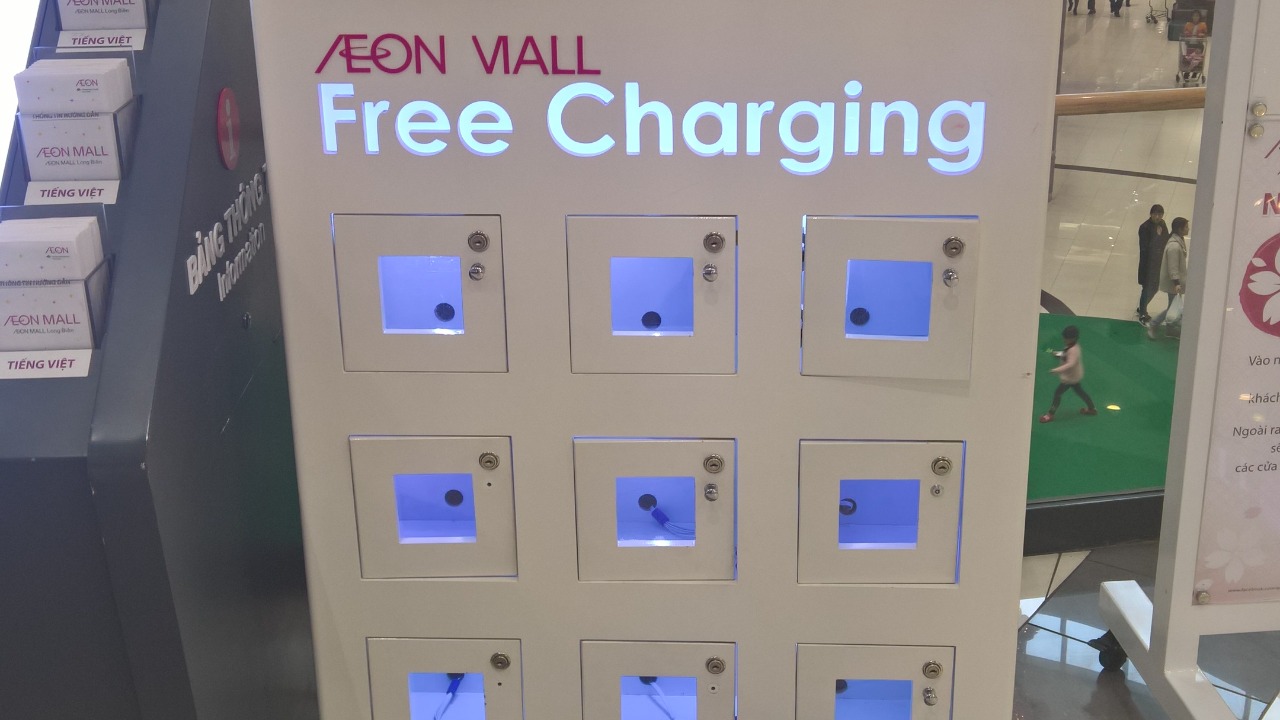
There is a growing alarm among global governments regarding the use of unverified USB chargers. These devices, while often cheaper and more readily available, carry significant risks, from data theft to device damage. This article delves into these threats, discussing government warnings and expert advice on how to avoid falling victim to these hidden dangers.
The Threat of Unverified USB Chargers
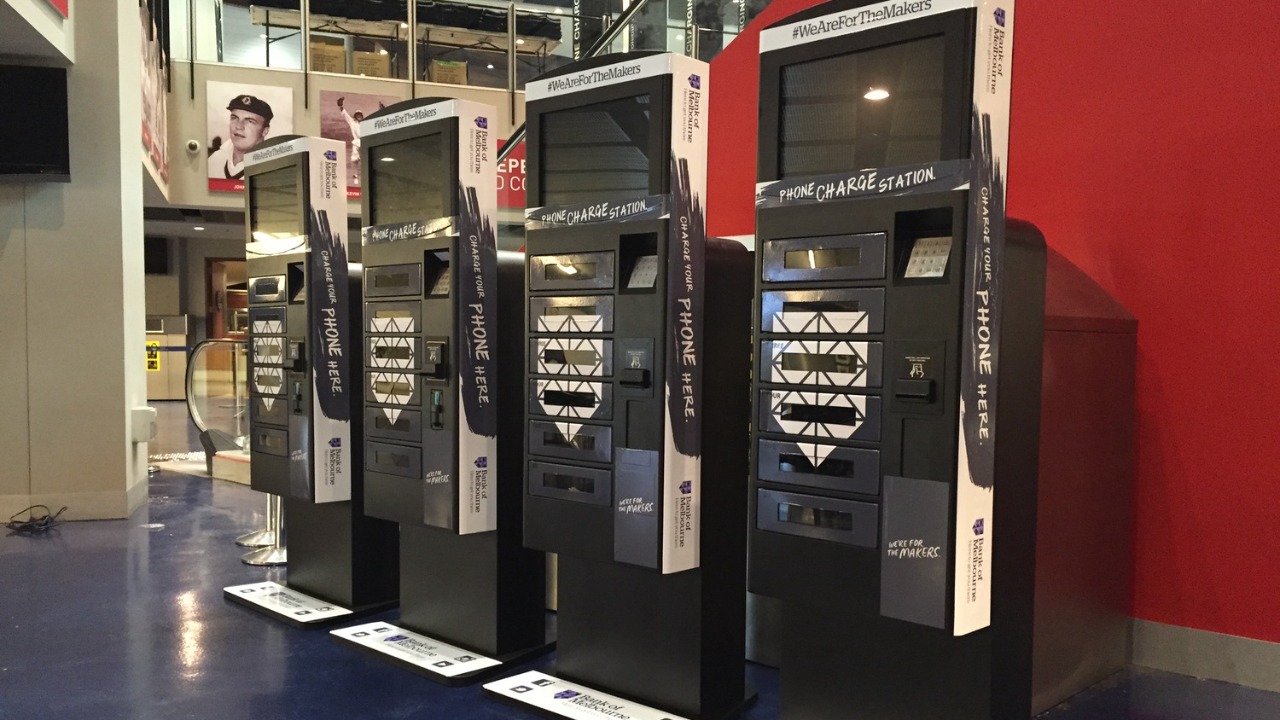
Over the past few years, there’s been an influx of unverified USB chargers in the consumer market. While these chargers may be appealing due to their lower costs, they pose significant risks to users. One of the main threats is data theft. When a device is connected to an unverified charger, it can potentially access and transfer the data stored on the device.
Moreover, these unofficial chargers can damage your devices. As these chargers are not made to the specific standards of your device, they can deliver incorrect voltage or current, leading to overheating, battery swelling, or even complete failure. A comprehensive study on this issue, available here, provides detailed evidence of these risks.
Government Warnings and Public Safety Announcements

In response to these threats, governments worldwide and public safety organizations have issued warnings about the use of unverified chargers. For instance, the FBI has released a public warning, as reported here, cautioning users about the dangers of “juice jacking”. This term is used to describe a situation where data is stolen from a device while it’s being charged using a USB port.
These warnings have had a considerable impact on public awareness. They’ve led to a heightened sense of caution among consumers, encouraging them to think twice before plugging their devices into unverified USB chargers or public charging stations.
Airport USB Chargers: A Hotspot for Danger
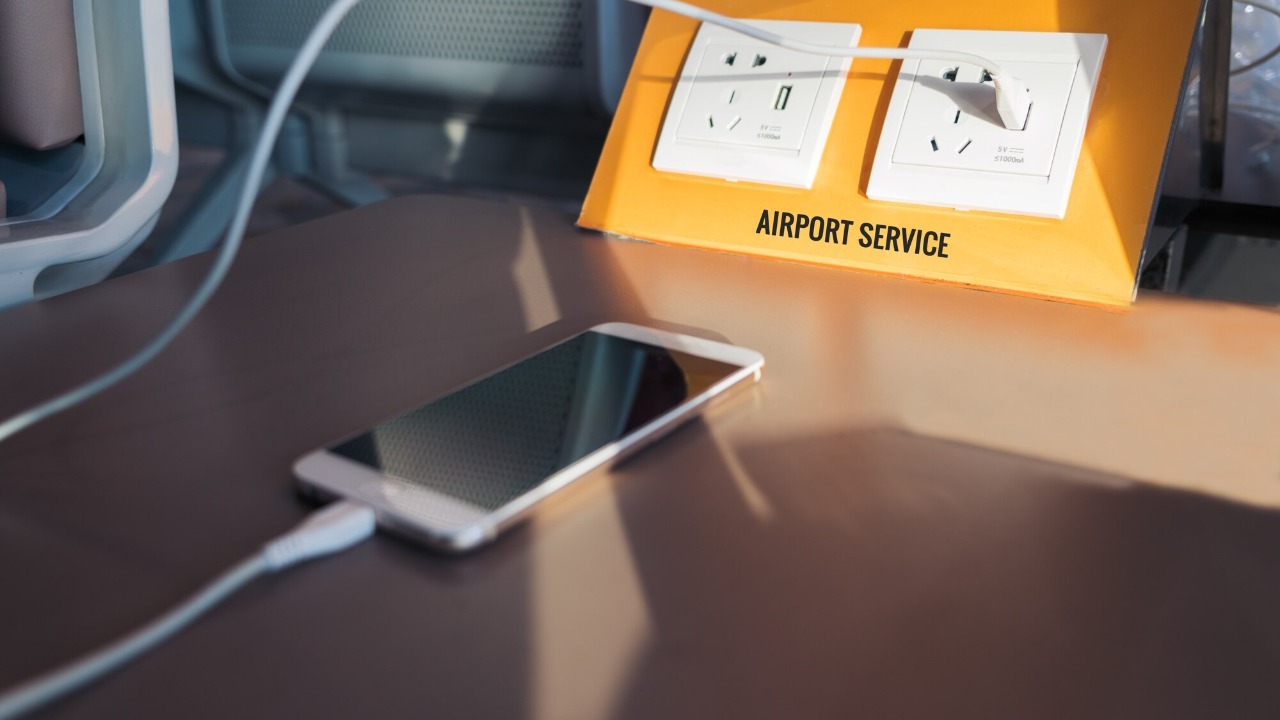
One area of particular concern is airport USB charging stations. While these stations provide a convenient way to recharge devices for travelers, they also present a significant risk. The concept of “juice jacking” is especially prevalent in these environments, as cybercriminals exploit the public nature of these charging stations to install data-stealing software.
Various articles, like ones from RGJ and Dallas News, have highlighted these risks. In response, airports are implementing measures to mitigate these risks, like installing secure charging stations or providing power outlets instead of USB ports.
Preventive Measures and Best Practices
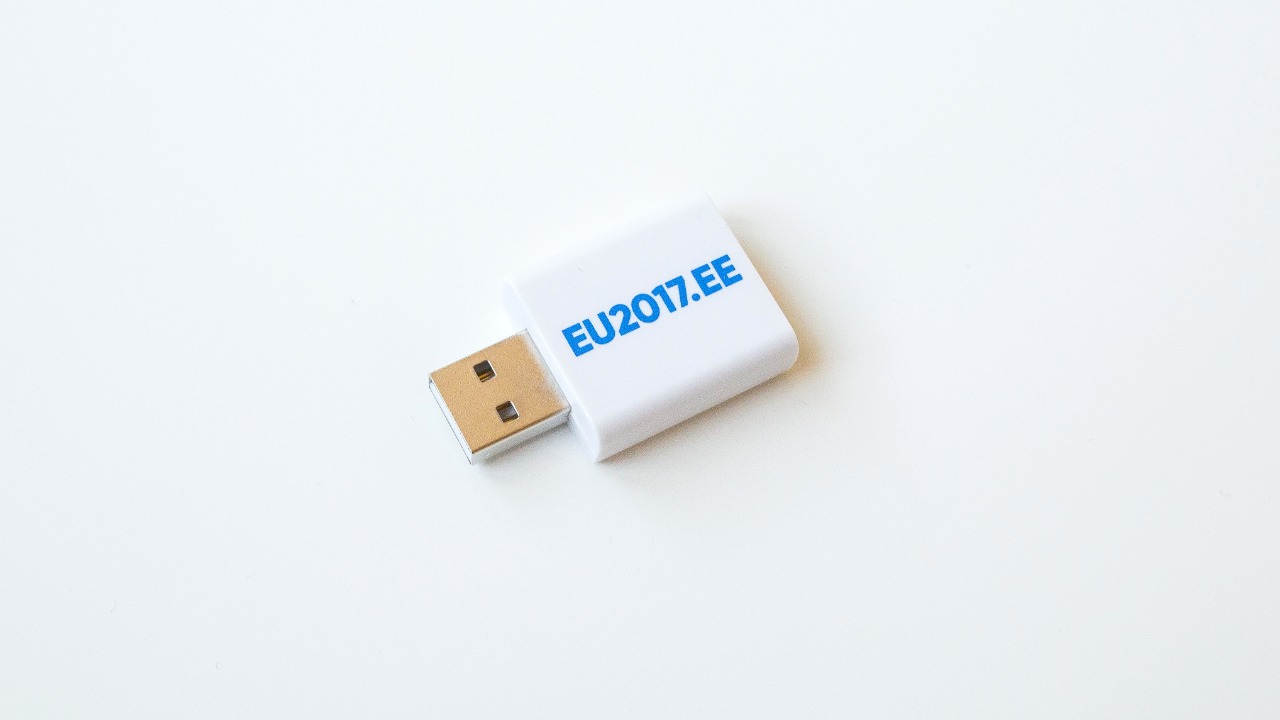
The best line of defence against these threats is prevention. Experts advise using only verified chargers that are supplied by the device manufacturer or a reputable third-party manufacturer. These chargers are designed to meet the specific requirements of your device, minimizing the risk of damage.
Other preventive measures include avoiding public USB charging stations and carrying a personal charger. If a public charging station is the only option, consider using a USB data blocker, also known as a “USB condom”. This device allows your phone to charge without transmitting data. More advice on this topic can be found here.
Future Perspectives and Technological Solutions
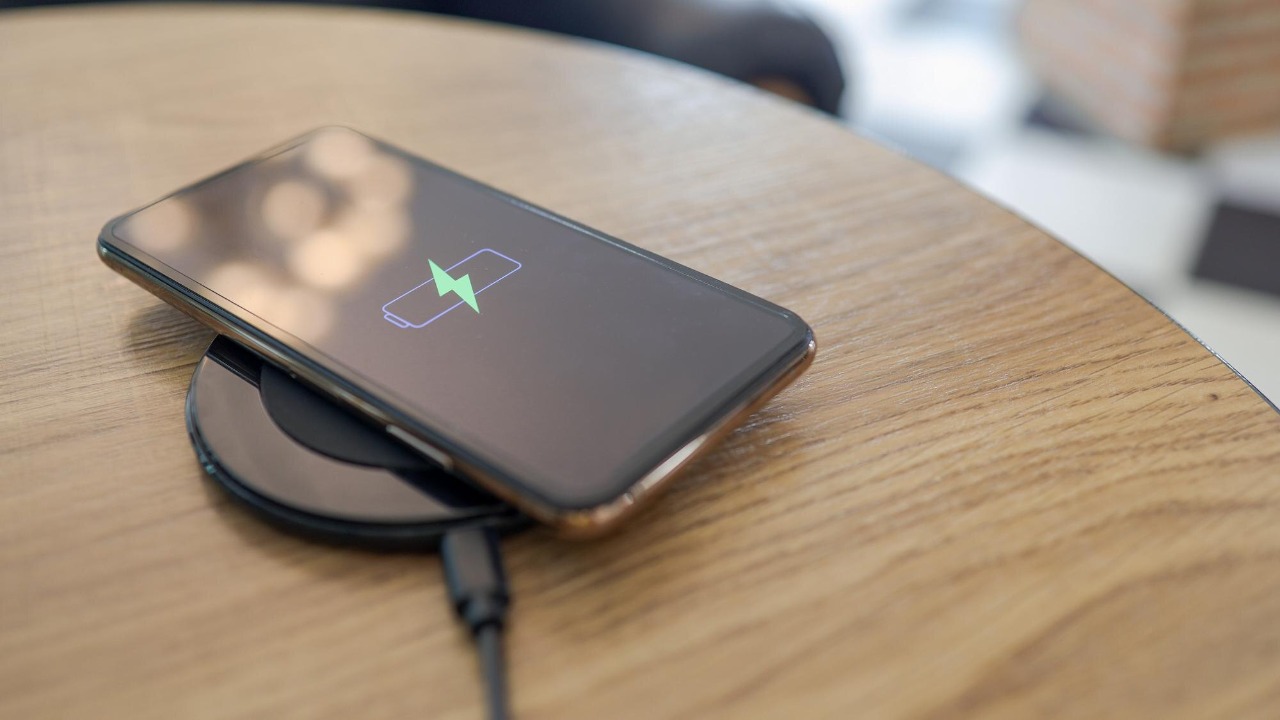
While the issue of unverified chargers poses a significant problem, technological advancements are being made to address this concern. For instance, some companies are developing USB chargers with built-in security features to prevent data theft.
Looking to the future, the prevalence of this issue could either increase or decrease, depending on several factors. One key factor will be the ongoing development and adoption of wireless charging technology, which eliminates the need for USB charging and thus the risks associated with it. However, as long as USB charging remains a common practice, the threat of unverified chargers will persist.